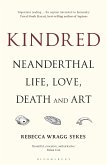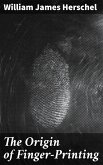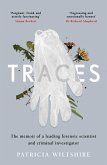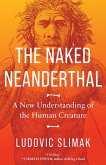In "Finger Prints," Francis Galton delves into the intricate world of fingerprint analysis, pioneering a field that would become foundational in forensic science. Published in 1892, the book combines meticulous scientific observation with engaging prose, reflecting the Victorian era's fascination with empiricism and human individuality. Galton presents a comprehensive classification system for fingerprints, establishing their uniqueness as a means of personal identification, and argues for their application in criminal investigations. His synthesis of statistical methods and biological principles embodies the emerging scientific approach of the time, making the text a critical contribution to both criminology and biometric studies. Francis Galton, a polymath and a cousin of Charles Darwin, was profoundly influenced by the scientific advancements of his era. His interests spanned a variety of fields, including psychology, anthropology, and eugenics. Galton's background in statistics enabled him to analyze and interpret data effectively, culminating in a work that expresses his fascination with heredity and human differences. This book emerges from his overarching aim to apply scientific rigor to social issues, a hallmark of his broader career. "Finger Prints" is a must-read for anyone interested in the intersection of science, law, and society. It invites readers to explore the evolution of forensic science while presenting Galton's visionary ideas that continue to resonate today. Whether you are a student of criminology, psychology, or history, this seminal work will enhance your understanding of the crucial role fingerprints play in the legal system, making it a vital addition to your library.
Dieser Download kann aus rechtlichen Gründen nur mit Rechnungsadresse in A, B, BG, CY, CZ, D, DK, EW, E, FIN, F, GR, H, IRL, I, LT, L, LR, M, NL, PL, P, R, S, SLO, SK ausgeliefert werden.









